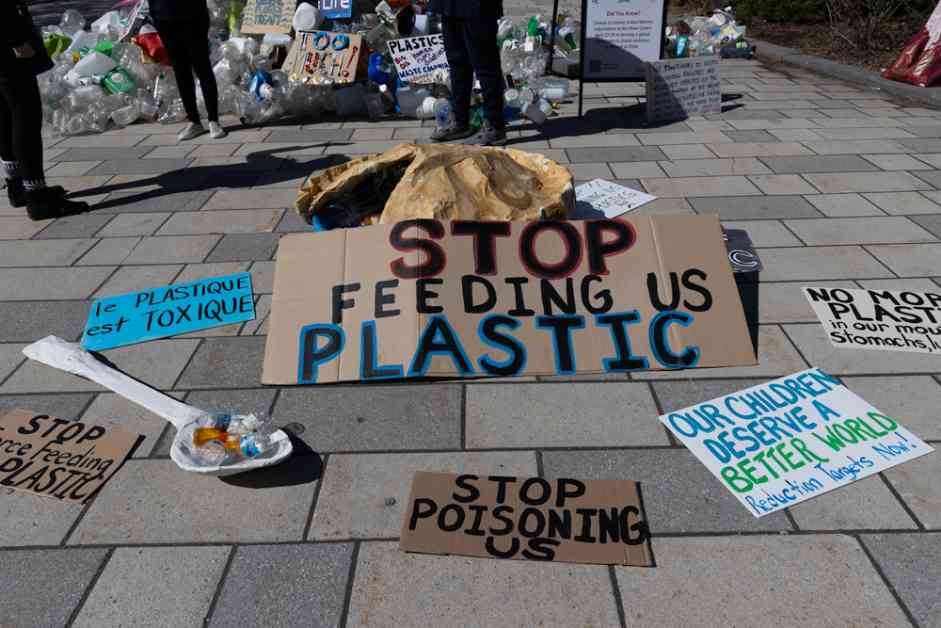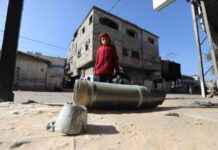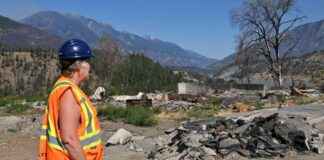Global Plastics Pact Negotiations Hit Roadblock
The ongoing negotiations in Busan for a groundbreaking global treaty to tackle plastic pollution have encountered a major hurdle, with fossil fuel-producing nations such as Saudi Arabia, Russia, and Iran being accused of obstructing progress. The talks, now at a critical juncture, have sparked intense debates and frustrations among participating countries.
Heated Exchanges and Accusations
During a plenary session on Wednesday, tensions flared as diplomats from several nations voiced their concerns over the lack of headway in negotiations. Countries advocating for robust measures to curb plastic production have expressed dismay at the slow pace of discussions, attributing the delays to the opposing stance of some fossil fuel-producing states. Accusations of stalling and lack of constructive engagement have been hurled back and forth, underscoring the high stakes involved in reaching a consensus.
Global Targets and Environmental Implications
One of the key sticking points in the negotiations is the inclusion of provisions aimed at reducing plastic production, a move vehemently supported by a coalition of countries from various regions. The proposal for a global target to slash plastic production by 40 percent by 2040 has been met with resistance from nations wary of potential economic disruptions and trade restrictions. As plastic production continues to soar, concerns about its impact on greenhouse gas emissions and climate change have come to the forefront, highlighting the urgent need for decisive action.
Call for Action and Resolution
Amid the escalating tensions and divergent views, environmental advocates are urging ambitious states to stand firm in their demands for a strong and effective treaty. The outcome of the negotiations holds significant implications for the future of global efforts to combat plastic pollution and mitigate its environmental consequences. With the deadline for finalized text looming, the fate of the negotiations hangs in the balance, requiring diplomatic finesse and concerted efforts to bridge the existing divides.
As a journalist covering the unfolding developments in Busan, I can’t help but marvel at the complexities and challenges inherent in reaching a consensus on such a critical issue. The clash of interests, the power dynamics at play, and the underlying environmental concerns all converge to create a high-stakes negotiation process that demands unwavering commitment and collective action. In a world grappling with the escalating threat of plastic pollution, the outcome of these talks could have far-reaching implications for our planet and future generations. It’s a sobering reminder of the delicate balance between economic interests and environmental preservation, underscoring the urgent need for decisive and impactful measures to address one of the most pressing challenges of our time.














